ALGORITHMS AND SOCIAL JUSTICE
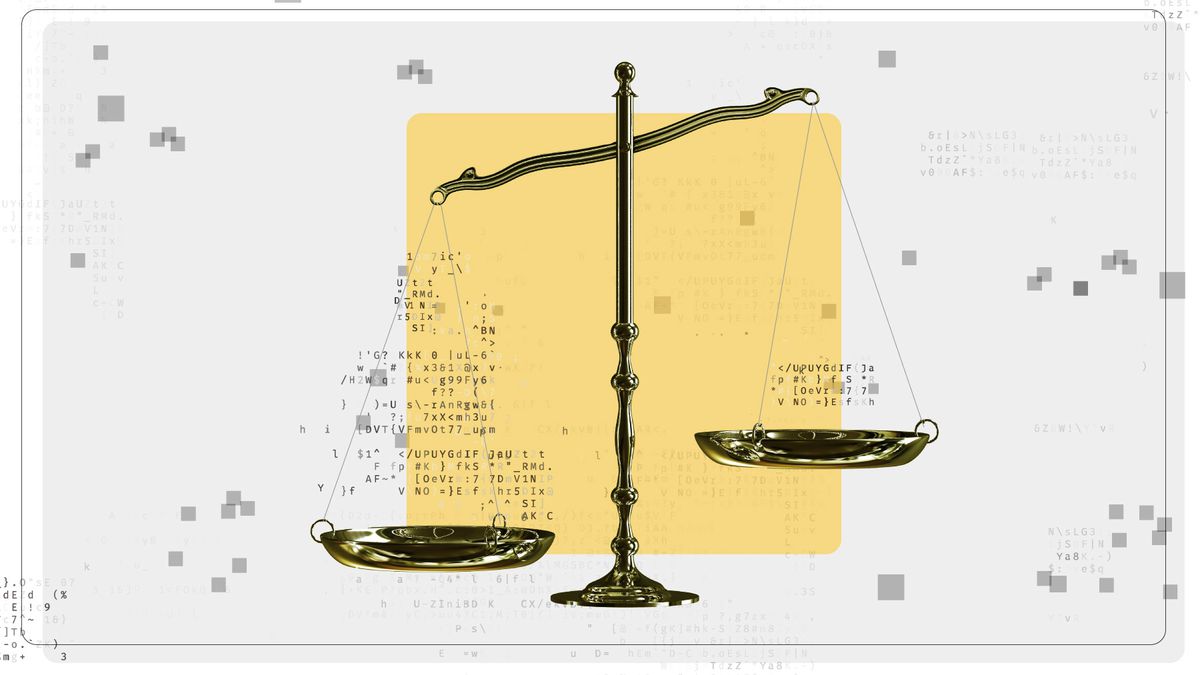
Professors Suzanne Edwards (WGSS and English) and Larry Snyder (ISE and I-DISC)
This course explores how algorithms—from Internet search engines to predictive policing software to resume screening systems—reflect and magnify social inequality. Students will read and discuss scholarship on the history of science and technology and feminist/critical race theory, as well as on machine learning (ML) and artificial intelligence (AI). Topics include race, gender, sexuality, and class in the context of criminal justice and policing, search engines and social media, ranking and rating, and optimization.
This elective course is open to all students from CAS or RCEAS and is designed to encourage peer-to-peer learning across the humanities, social sciences, and engineering. There are no prerequisites and no prior computer programming experience is required. In addition to emphasizing critical reading and thinking skills, the course will have a computing component, with hands-on experiments and projects. A key goal of the course will be to instill in students from technical fields an awareness of how social structures are a part of their work, so that their design choices are informed, from the ground up, by humanistic inquiry. Conversely, the course will provide humanists with deeper awareness of how technical tools shape—and are shaped by—humanistic thought.
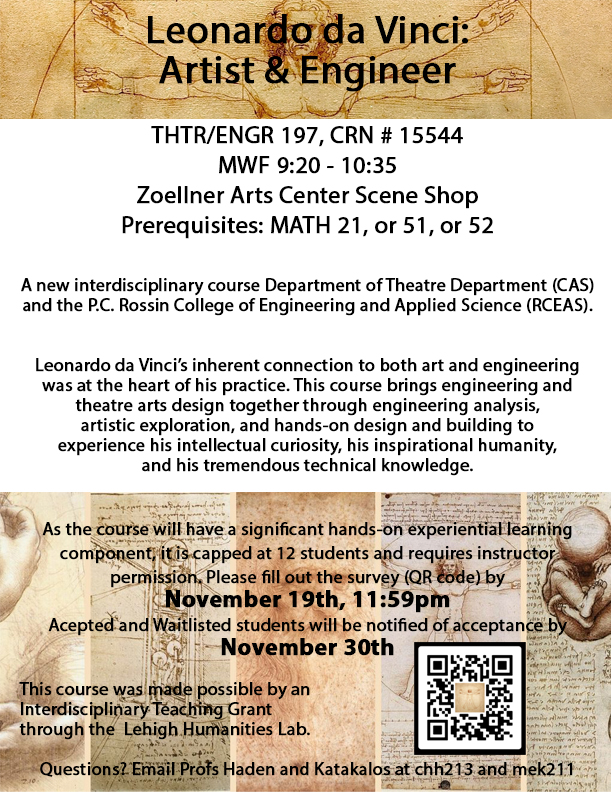
Visions of the Future: Science and Society in The Expanse
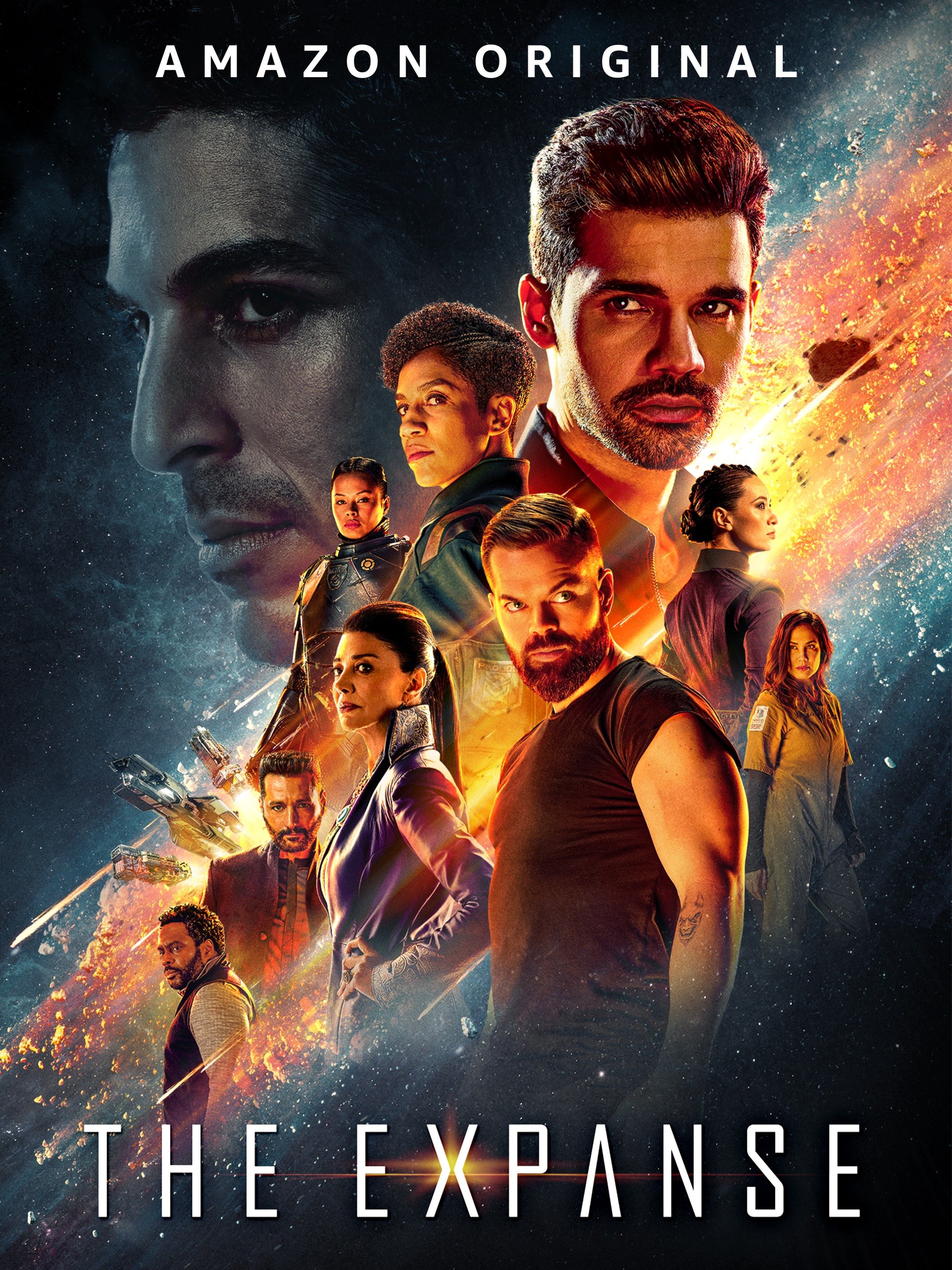
Joshua Pepper (Physics) and Amanda Greene (Humanities Lab)
The Expanse, a science fiction book series and award-winning television show, imagines life hundreds of years in the future. Humanity has colonized the solar system and now maintains an uneasy political balance between Earth, Mars, and the many habitats in the asteroid belt and the outer planets. By immersing students in this vision of the future, this course will tackle space travel and astrobiology, power structures and inequality, history and futurism, and more. How does society change when it moves off-planet, and when the environment and travel times present massive hurdles? Do the nature of politics and solidarity change in the face of such challenges, or even in the face of encounters with alien life? How might this imagined future compare to social and technological upheavals in the past? Over the semester we will grapple together with such critical questions while also centering the processes and possibilities of world-building in both the creative and literal sense.
Intersectional Feminism in Documentary
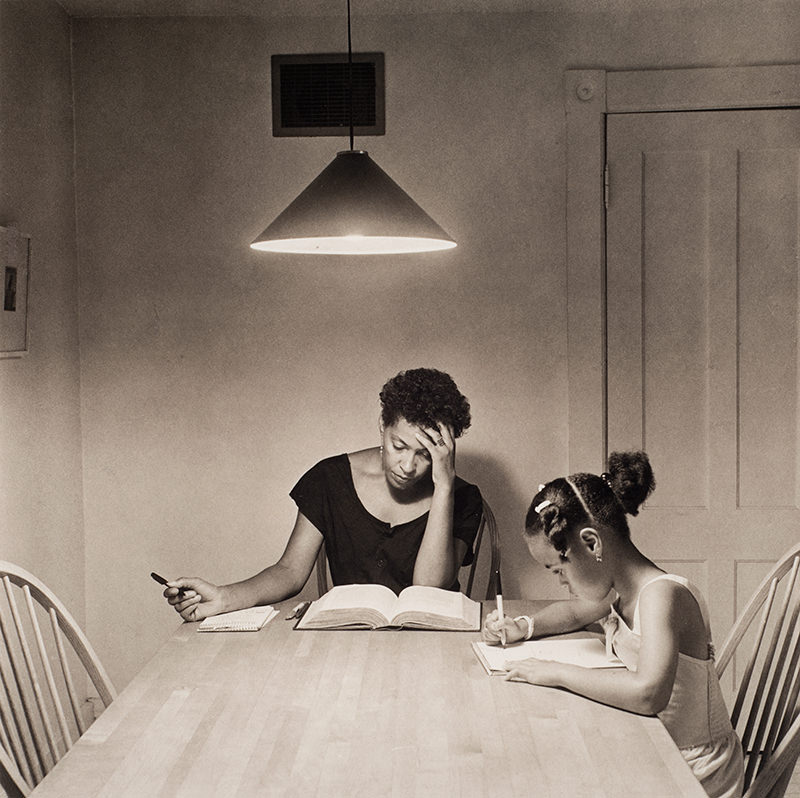
This course explores documentary photography and film through an intersectional feminist lens, while also drawing on these media as tools for delving deeper into intersectional feminism itself and its potential to create social/political change. Documentary does not just represent reality but acts on the world in material ways that can empower or disempower depending on how it is practiced.
During the semester we will combine theory and praxis of documentary media and feminism, delving into canonical texts, viewing a wide range of films and photographs.. The class will begin by providing students with foundational knowledge, focusing on ethical concerns in documentary media. From there students will engage with several broad themes in which the collision of documentary and intersectional feminism is especially salient. Students will also have freedom to explore their own interests throughout the semester and in a final project.
ARCH 095 – Historical Evolution of Building Materials and Architectural Form
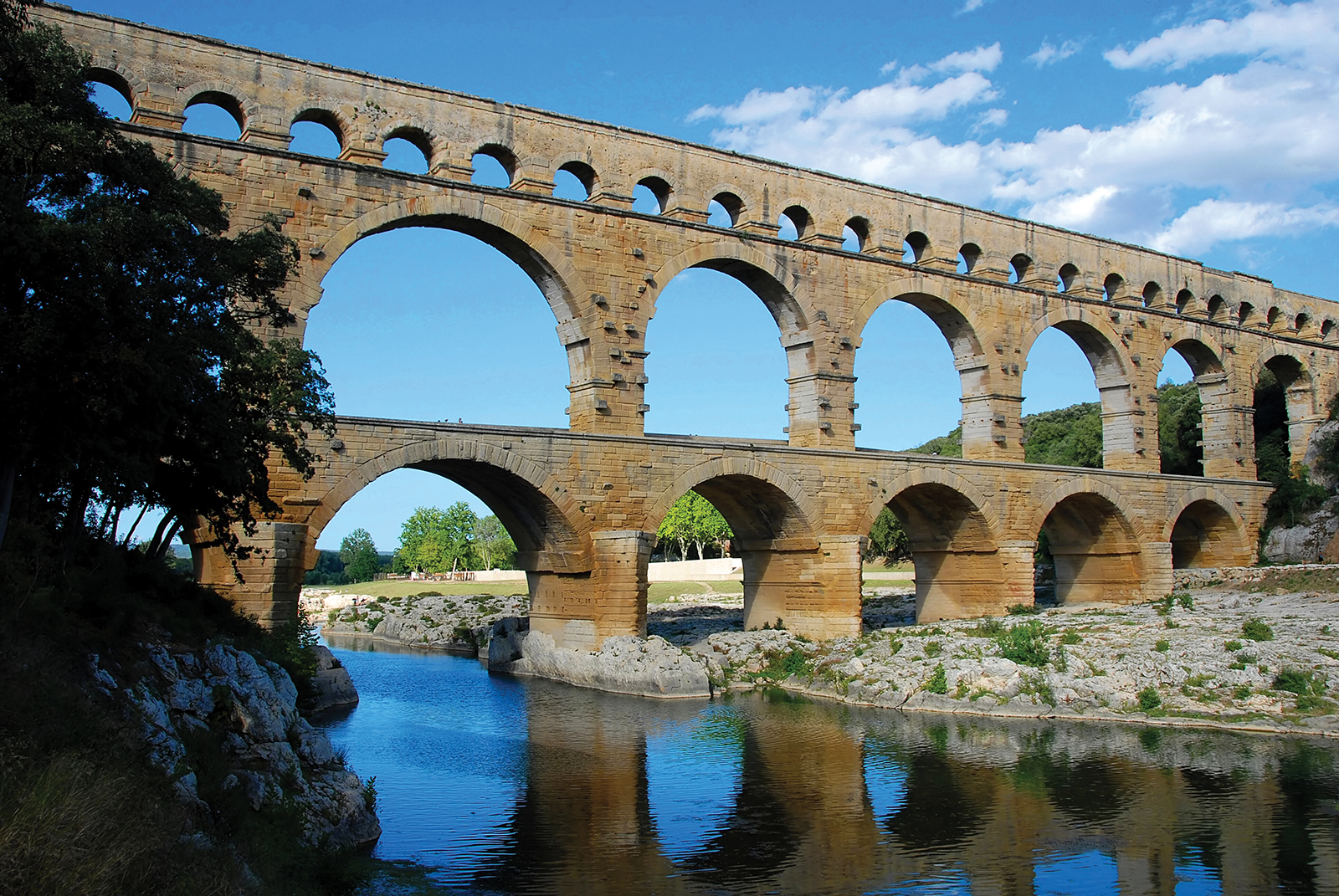
Professor Stephen Pesseki
Course Description
Examination of the historical evolution of natural and man-made building materials. Definition and description of fundamental engineering properties (e.g. strength, stiffness, durability, etc.). Examination of material processing methods, and the role that processing plays in determining properties. Parallel examination of the evolution of architectural form, and the relationship of design aesthetic to the materials that are studied. Introduction to aspects of how architectural form is conceived as well as the final product. The course will fulfill a history/theory elective for Architecture majors, and will count as a HU elective towards HSS requirements for Engineering students.
Anthropology/Earth & Environmental Science 090: CHALLENGES OF SUSTAINABILITY
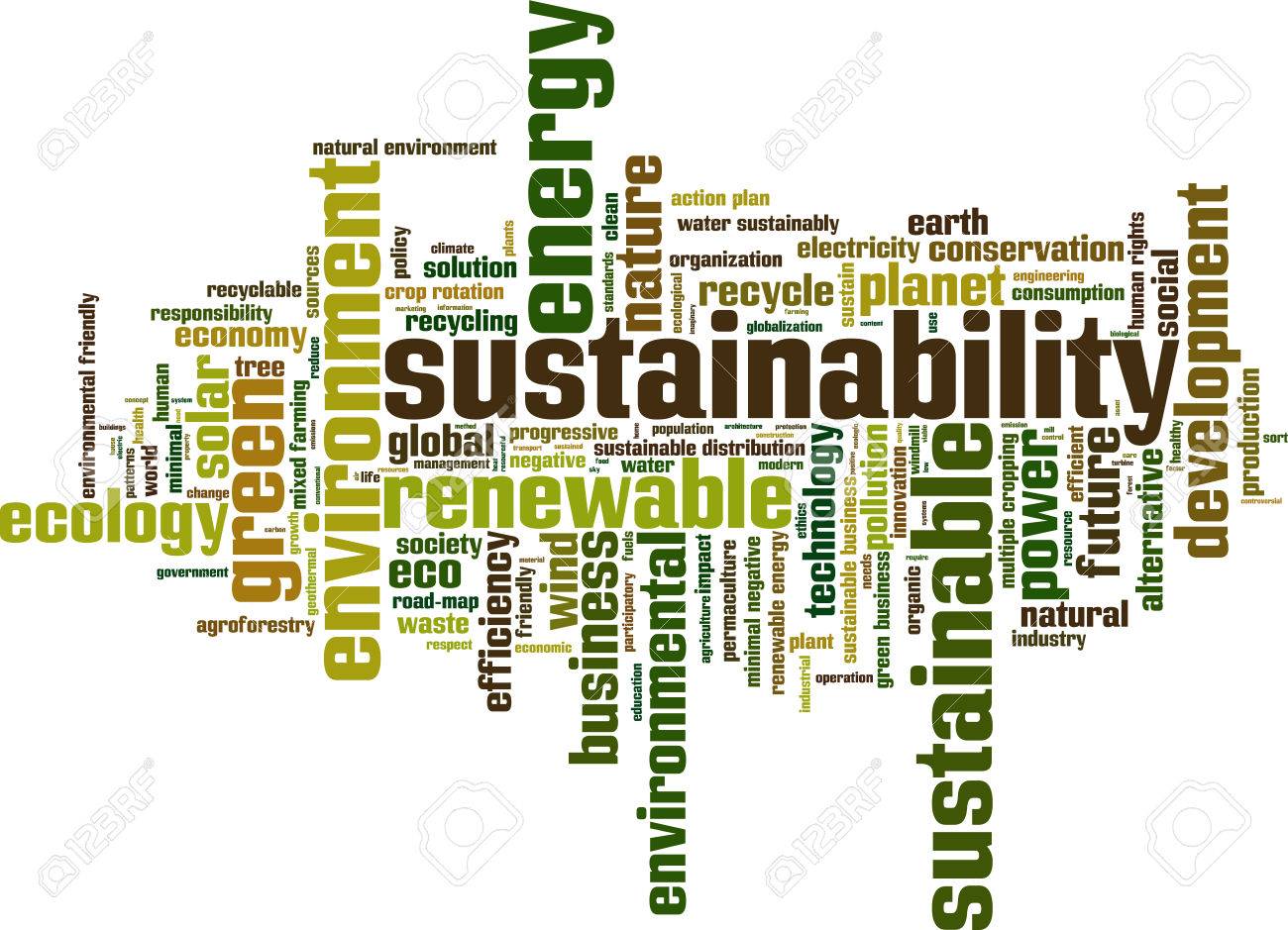
Professors Bruce Whitehouse and Ben Felzer
Humanity in the 21st century faces a number of existential threats. How will a changing earth (e.g. climate, biodiversity loss, changes in biogeochemical cycling, and land use and land cover change) affect human lives, and how can we mitigate and adapt to these changes? What environmental, economic, political, and social factors are placing our future at risk? What solutions must we consider to make our societies more sustainable? By consulting thinkers representing environmental science, social science, and the humanities, we will explore the problems confronting humanity as well as ideas for alternative ways of living on the planet. Nonfiction readings will include scientific studies of the climate and other environmental changes approaching the tipping points, systems of political and economic organization, and the origins of contemporary environmental crises. Speculative short fiction readings will also present visions for more sustainable futures.
Asian Studies/Religion/HMS 090: BUDDHISM, PSYCHOLOGY, MEDICINE
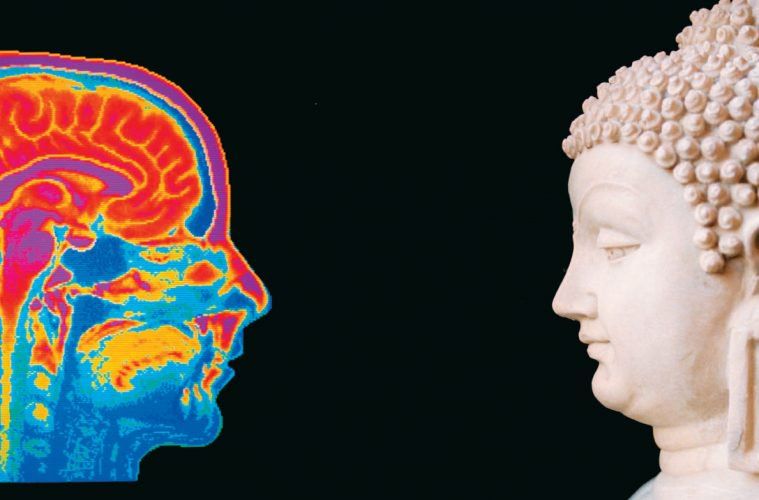
Professor Annabella Pitkin
How have neuroscientists, Buddhists, and medical practitioners described what meditation does to the brain, mind and emotions? How have Buddhists described what enlightenment does to the mind and body? What are the historical relationships between Buddhism, medical practice, and psychology, in the US and in Asia? Students in this course explore these questions, by examining Buddhist philosophy, psychology, memoir, and art, together with recent research on how meditation and other practices affect brain function, emotional response, and other mental and physical processes.
ME 350: MECHANICS, MEDIA, and THE MARTIAN
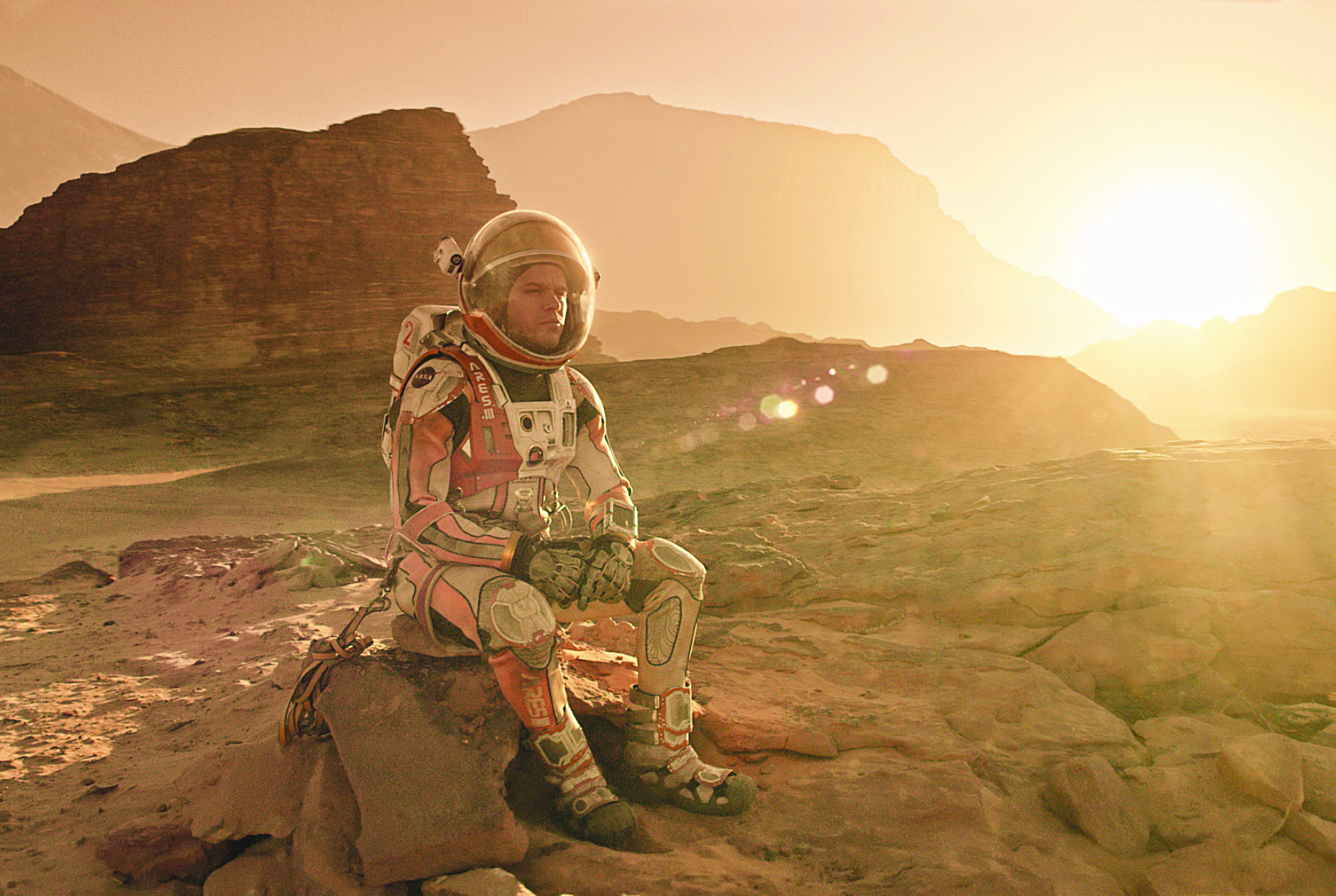
Professors Hannah Dailey and Amanda Greene
Course Inspiration and Design
In fall 2018, Prof. Dailey offered a technical elective for senior mechanical engineering majors, which was inspired by a well-known contemporary work of science fiction, The Martian by Andy Weir (2011). The overall objective for this course was to help engineering students develop transferable skills in technical communication (written, oral, and graphical) and catalyze a shift in mindset away from the canned homework model of most engineering courses to an open-ended, exploratory process of applying engineering analysis to solve problems. Over the course of the semester, students completed technical writing training, read journal articles, carried out hand calculations, created spreadsheet tools and MATLAB codes, built physical demonstrations, gave weekly oral presentations, and explored visual graphic design as a tool for scientific communication. The students grew rapidly in their confidence and skill with creating and giving oral presentations and they learned to give and receive constructive feedback. The student evaluations were also overwhelmingly positive, reflecting their tremendous enthusiasm for what they had learned and their experience in this very nontraditional course.
Humanities Lab Interdisciplinary Course Proposal
The objective of the proposed course is to offer a more rigorously interdisciplinary version of the original The Martian course in fall 2020, tentatively titled “Mechanics, Media, and The Martian.” The inclusion of a second instructor (Greene) will integrate a humanities perspective into this technical elective. Dr. Greene will help cultivate students’ critical thinking, media literacy, and multi-media communication skills over the course of the semester. By engaging with humanities and engineering content simultaneously, students will better understand effective communication as a fundamental part of the holistic engineering skills toolkit that they will carry with them beyond Lehigh. Dr. Greene will lead the initial book reading and discussion—emphasizing basic literary critical concepts like the relationship between form and content. Students will also apply these ideas in their regular written, oral, and visual communication assignments. As the semester progresses students will also participate in discussions about the role of the media in the novel and, more generally, about the intersections of science, technology, and social media in the 21st century.
BIOS/HMS 095 : SOCIAL IMMUNITY

Profs. Jennifer Swann and Amanda Greene
Although most of us rarely think about it until we start getting some sniffles, the immune system is a vital part of our body’s basic functioning. Its importance extends beyond biology, though. Immune-related illnesses and evolving scientific understandings of the immune system have shaped art, politics, everyday habits, popular discourse, and more across history.
This course will offer a holistic view of the immune system as a biological and a social phenomenon. We will delve into the biological mechanisms that drive the functioning of the immune system and epidemiological concerns. Additionally, we will think about how our understanding immune system has evolved over time and been shaped by particular historical contexts. And, at the same time, we will explore how the immune system and popular understandings of the immune system played a role in shaping society.
Assigned course material with include scientific articles, fiction, historical documents, critical theory, documentaries, social media, and more.
Required Texts:
Albert Camus The Plague
Susan Sontag Illness as Metaphor + AIDS and its Metaphors
THTR/HMS 297: PERFORMANCE OF HEALTH
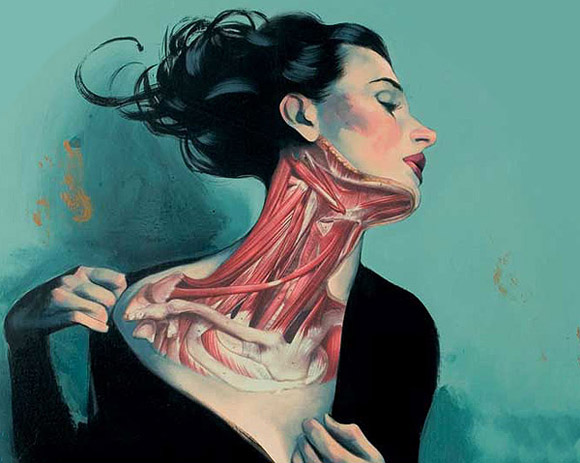
Prof. Nicole L. Defenbaugh, PhD
Learning Goals:
- Explore the role of embodiment in healthcare
- Critique cultural and systemic practices that place bodies at risk
- Examine the use of the body to convey meaning
- Recognize the interconnectedness of physical, emotional, cultural and health issues through the reading and performance of aesthetic texts
- Develop interpersonal, nonverbal, and empathic skills related to clinical care
- Construct a deeper understanding of patients and clinicians’ lived experiences conveyed in personal narratives
The course requirements ask students to write, create, and perform stories and narratives that integrate health and medicine with the arts. The final course project asks students to create and perform a group piece/performance for the Lehigh University community or in a public format that reaches the surrounding local community. Groups will include a mix of majors and backgrounds to showcase the creation of new, interdisciplinary work that addresses course goals.
Students will engage in multiple humanistic strategies such as the reading and creation of aesthetic texts (literature); study of lay language for patients and medicalese or medical jargon used by clinicians (languages); treatment of patient and clinician bodies and other institutional practices (ethics); implicit bias, critical race theory, and identity (cultural studies); and use of the body and other modes of expression (arts, music, performance) to communicate lived experience.
Unlike biomedical, health, and scientific disciplines that privilege quantitative methods of studies, the primary methodologies used in the course will be narrative, performance studies, qualitative methods (e.g., interviews) and other embodied methods of research. Students will read and reflect on multiple research methods, and will be required to construct new ways of researching and understanding health, illness, and the constructions of identities through the collection of stories via personal narrative and performative methods.
SOC 197: CALLING BULLSHIT

Prof. Ziad Munson
The main theme or punchline I want students to walk away from this with is that bullshit is a universal feature of our world in ways that transcend particular disciplinary boundaries. So my goal is decidedly NOT to provide a 'humanities' perspective alongside a 'social science' perspective, a 'natural science' perspective, etc. Instead, my vision is that students see bullshit, and develop strategies for calling it out, that cut across these disciplinary silos. To realize this vision, I want to bring in experts in a wide variety of fields so that the humanities is in conversation with all of them, rather than just offering a separate, one-shot 'perspective'. My goal, by showing bullshit flowing seamlessly across multiple disciplines, is that students can gain a critical perspective on bullshit that is larger than the sum of any individual discipline or approach.
